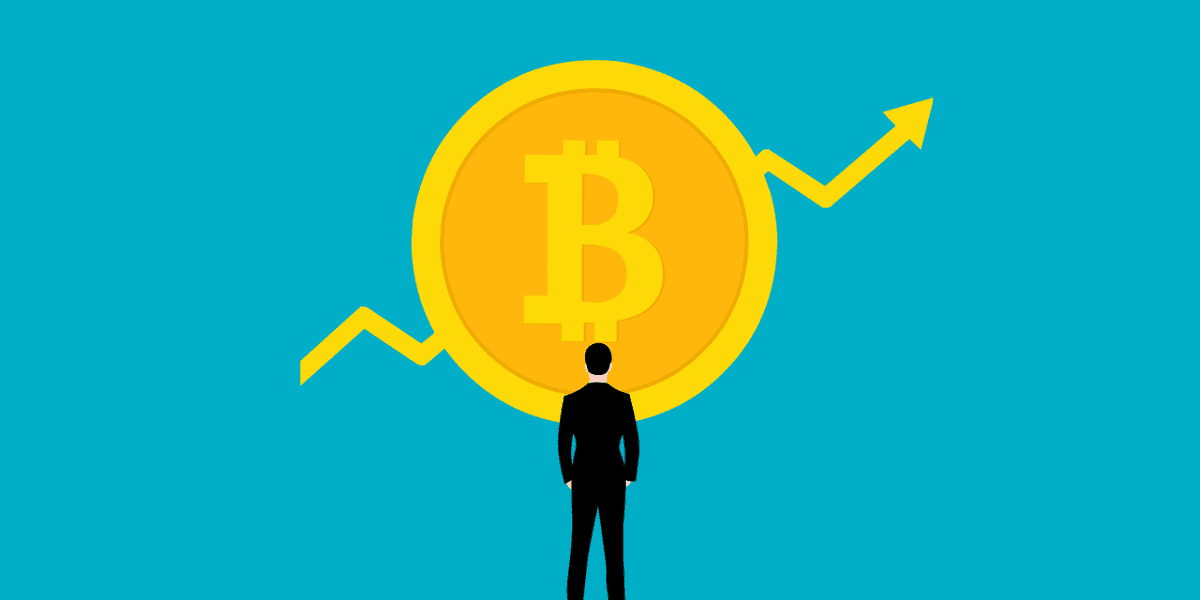US Nonfarm Payrolls Are Declining, Which Is Good for Bitcoin US nonfarm payrolls for July came in at 187,000, which was less than expected, sending a message that the Federal Reserve (also known as the Fed) may soon loosen monetary policy and bring about a gentle landing. Market analysts anticipated that the US would create 205,000 jobs during July, keeping the unemployment rate at 3.6% from month to month.
Softening US Labor Market as Wages Growth Stabilizes
Yet, the US generated 187,000 jobs and the unemployment rate was 3.5%, which was lower than anticipated. Along with a decline in employer demand, average wage growth also slowed. With 63,000 new jobs added, the healthcare industry led all other industries (12,000 more than in the previous month). Social support services (24,000), monetary transactions (19,000), along with wholesale trade (18,000) were next. Nonfarm workers made 14 cents better per hour in July than they did in June, although the number of hours worked per week decreased.
The number of hours worked per week decreased by 0.4% to 34.3, which is the smallest decrease since the first quarter of 2020 and an indication of a contracting labor market. In light of diminishing employer demand, analysts see less work as a solution to layoffs. Based on market information aggregator Coin Gecko, Bitcoin (BTC) responded favorably to the payrolls from other industries’ reports, jumping from $29,121 to $29,216 shortly after the announcement. Along with US equities, most other cryptocurrencies in the list’s top 10 remained unchanged.
Claim of Mateyo
Positives for the Fed’s fight against inflation included decreased nonfarm payrolls, practically level unemployment, and slower wage growth. They imply that the demand for and supply of jobs have reached equilibrium.
George Mateyo, Ceo of Core Private Bank, claims that.
“Hiring plans have moderately slowed down as the job market continues to soften. At the same time, businesses are not letting people leave and, if anything that we do, are still providing incentives to keep them, according to him.


3 thoughts on “Good Sign For Bitcoin: US Nonfarm Payrolls Are Declining”
Comments are closed.